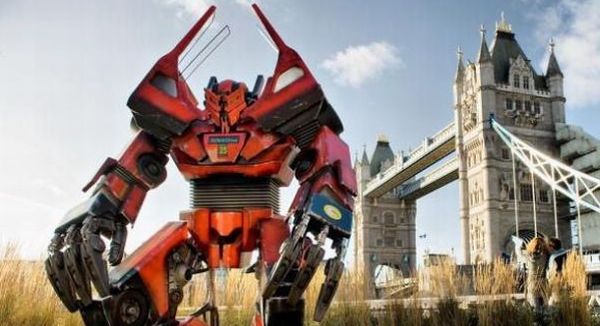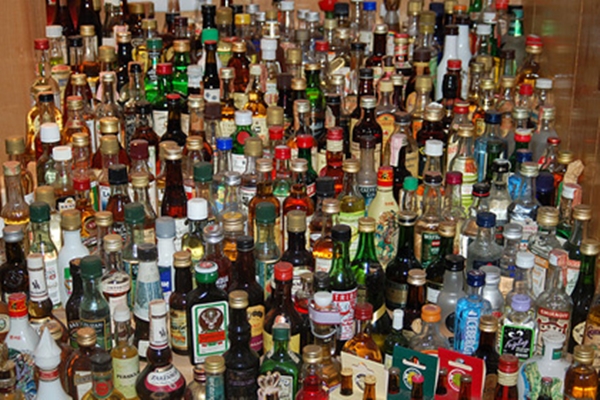
An essential problem of 21st century is waste. Paints and electronics should not be thrown in the trash. Moreover, it is advisable to recycle them to save our mother earth from menace of pollution as many of these items contain harmful chemicals that pollutes our environment or can cause other severe damage if not properly disposed off. So, it has become very important for all of us to have a proper knowledge of recycling. The following are the seven toughest things to recycle.
1. Batteries
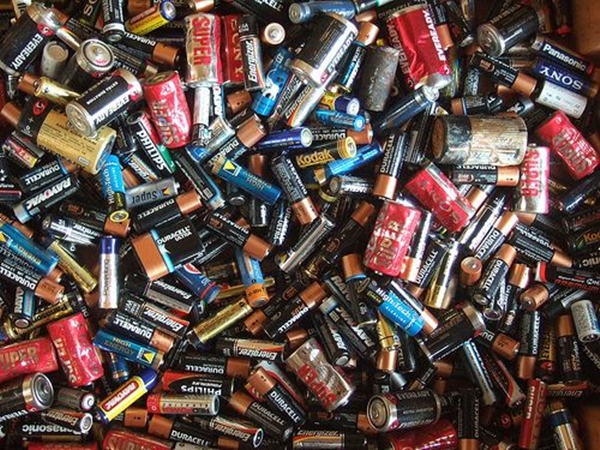
It is not that difficult to recycle rechargeable batteries. Lead acid batteries can have adverse affect on our surrounding if not properly disposed off. Now it has become illegal to throw out lead acid batteries in 41 states according to Trey Granger at Earth 1991. Best buy, Staples, Home Depot, Radio stack, etc, are some retailers who take them without any charges.
2. Electronics
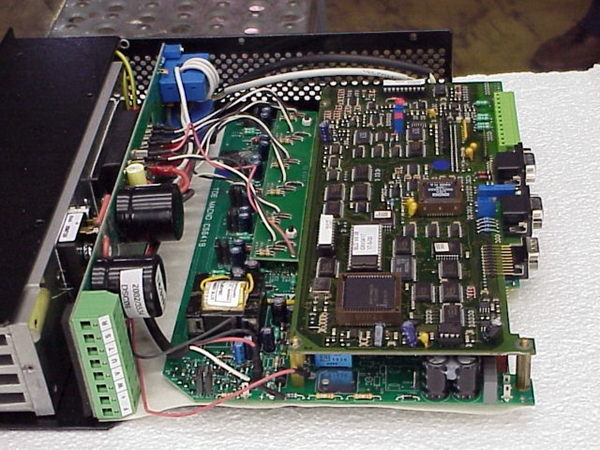
Retailers and wireless providers accept rechargeable batteries and mobile phones. Its little difficult in case of cameras, computers and televisions depending upon some brands and items as sometimes they can be charged by some stores. You can check out Staples, Office depot and Best buy so as to get the best fit.
Some places have trade in programs like Radio Shack where you get credits for old gadgets. With the help of a number of websites, you can turn old gadgets into valuable cash.
3. Paints
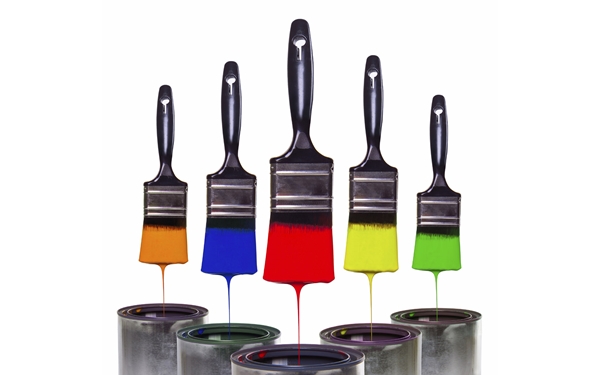 It is harder to dispose but still doable. You can try some of these ideas: try your best to utilize it properly. You can lend it to your friends. It can also be used as a primer. Donating it to a charity instead of throwing it can also be an option, for example – school and college theater group or Habitat for Humanity.
It is harder to dispose but still doable. You can try some of these ideas: try your best to utilize it properly. You can lend it to your friends. It can also be used as a primer. Donating it to a charity instead of throwing it can also be an option, for example – school and college theater group or Habitat for Humanity.
Also try to reuse it. If you fail then you can go for recycling. You can throw it in trash only if there is no law for it in your society. In case of latex paint, the lid needs to be removed and it should be left until hardened completely. Take oil paints directly to oil centers.
4. CFLs
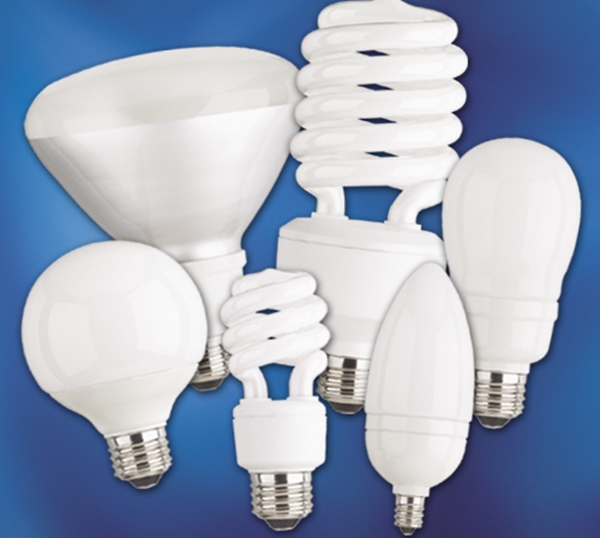
CFLs or fluorescent bulbs contain small amount of mercury that has a probability of leaching out if it is not properly disposed. Thus there is an urgency to recycle them properly. Luckily fluorescent bulbs are comparatively easy to get rid of.
You can put the old bulbs in any IKEA or home depot for recycling or search for other possible solutions. If you are left with no solution, seal the bulbs in double plastic bags as suggested by Environment Protection Agencies before disposing.
5. Medications
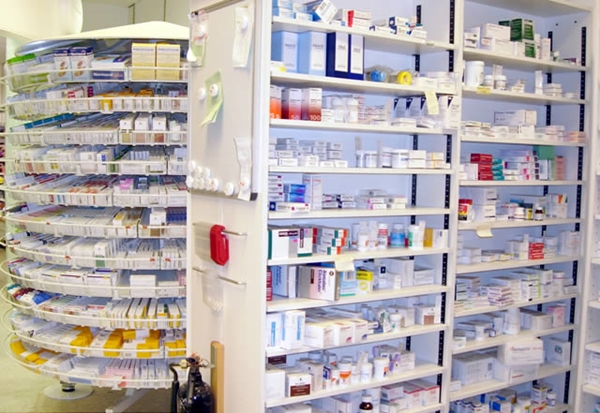
You must not flush them in toilets or pour them in drains as pharmaceuticals in small amounts can make their way into rivers, streams and lakes. The best way is to find or make a program that will recycle the unused medications.
HHW collection programs or your pharmacy may accept the old drugs. If you don’t have any option left with you, you can remove all information from the bottle for avoiding misuse and also identity theft.
6. Cooking oil

Your pipes may get clogged by the cooking oil or bacon grease and they may result in total backup of your sewer system. Raising the pipes with hot water is not going to help. The grease gets rapidly cooled down as a result of which it gets solidified and clog the pipes. The kitty litter and shredded paper absorbs grease so that it must be covered with them before thrown. You can also use the trick of throwing oil or grease by solidifying them by putting in coffee and metal containers.
7. Empty cans
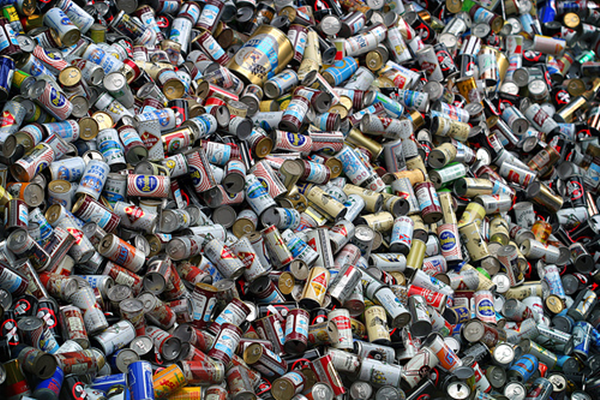
Empty cans are easier to recycle at local recycling facility or curb side programs. It is difficult to recycle partly filled cans. You must not try to vacant it by yourself, instead it is better to hand it over to HHW drop of center. It is not ideal to use pressurized cans for land fill as they can explode in case of fire breakouts.




